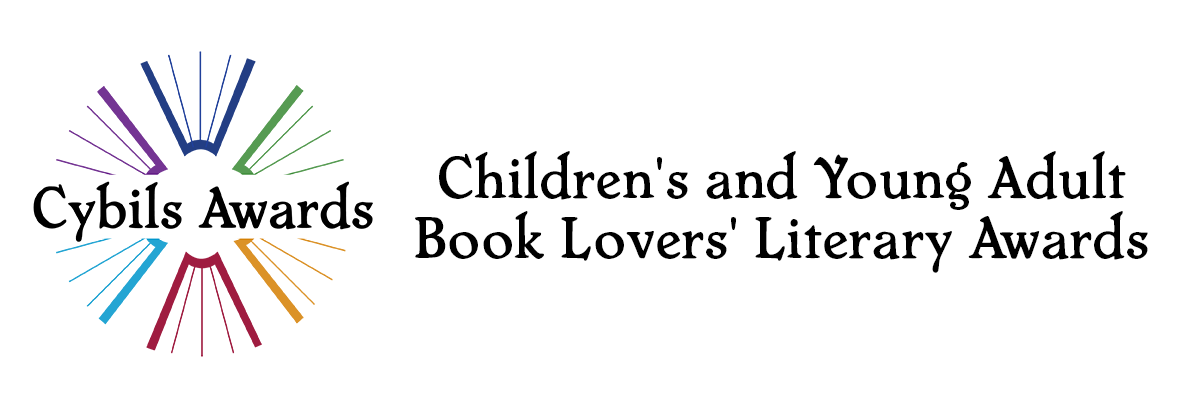Thank goodness the Cybils finalists were announced before all the ALA honorees, or someone would think we were copying them. Sheesh!
Below is all the overlap I spotted. Please correct me/make additions in the comments. More discussion over the weekend as I have time to mull their choices, and what it says about our allegedly different criteria. Hmmm.
Newbery Medal winner Neil Gaiman's "The Graveyard Book" is on our Fantasy/SF short list, as is honor book "Savvy" by Ingrid Law.
Another Fantasy finalist, Elizabeth Bunce's "A Curse Dark as Gold" won the very first William C. Morris award, which "celebrates impressive new voices in young adult literature" (according YALSA).
Caldecott's? Only honor book "A River of Words: The Story of William Carlos Williams" overlapped, which appears on our Non-Fiction Picture Books short list.
We had no luck with the Theodor Seuss Geisel awards, but we did notice they share our fondness for Mo Willems. He picks up–what, his second, or third?–Seuss, and appears twice on our 2008 Easy Readers list, though for different titles. Prolific guy, huh? Thank goodness.
One of our YA finalists, Melina Marchetta's "Jellicoe Road" won a Printz award, with E Lockhart's "The Disreputable History of Frankie Landau-Bank" getting an honor designation.
Last, but in no way least, Kadir Nelson gets the nod from both ALA and us for "We Are the Ship: The Story of the Negro League Baseball." He's on our Non-Fiction MG/YA list, and earned several honors from ALA, including the Coretta Scott King Author Book award. His was also a King illustrator honor book and the Robert F. Sibert Medal for most distinguished informational book for children.
I put Nelson last because of an interesting, if perplexing, discussion I had with a conservative co-worker last night as I wrote up the Newbery Medal news for radio broadcast. My co-worker argues against a King or a Pura Belpre award, saying we no longer need awards segregated by race or ethnicity. Are we really that post-racial? I can't imagine not having the King awards. They're fun and prestigious, especially as the field of excellent books by or about African-Americans grows more crowded.
So I'll toss this little bombshell out there. Should book awards be post-racial? Is there such a thing?
And what of the overlap between ALA books and our own finalists? Have we succeeded in persuading the lit-ah-rahry world that popularity counts for something?
Do tell.
–Anne Levy, Editor
